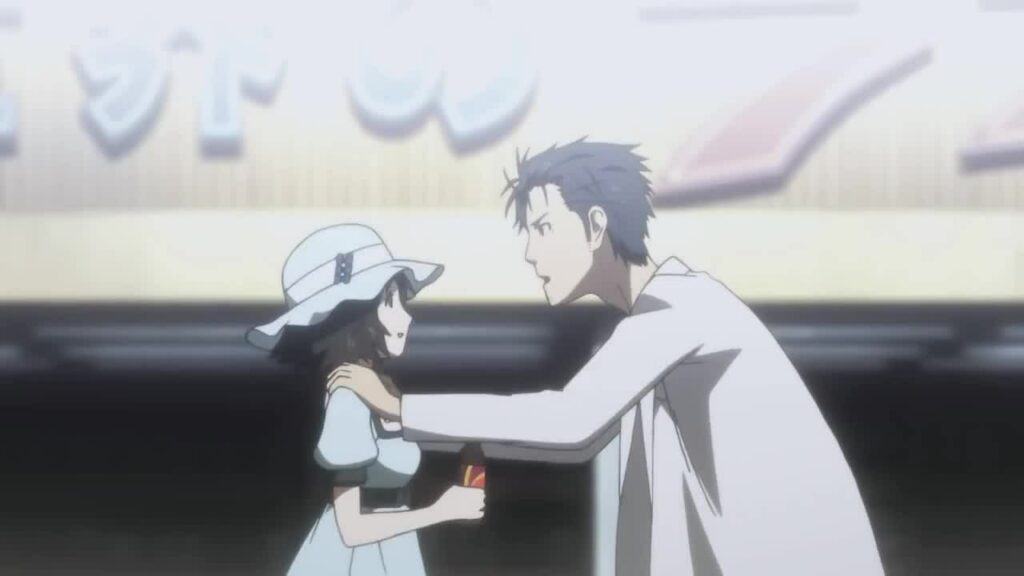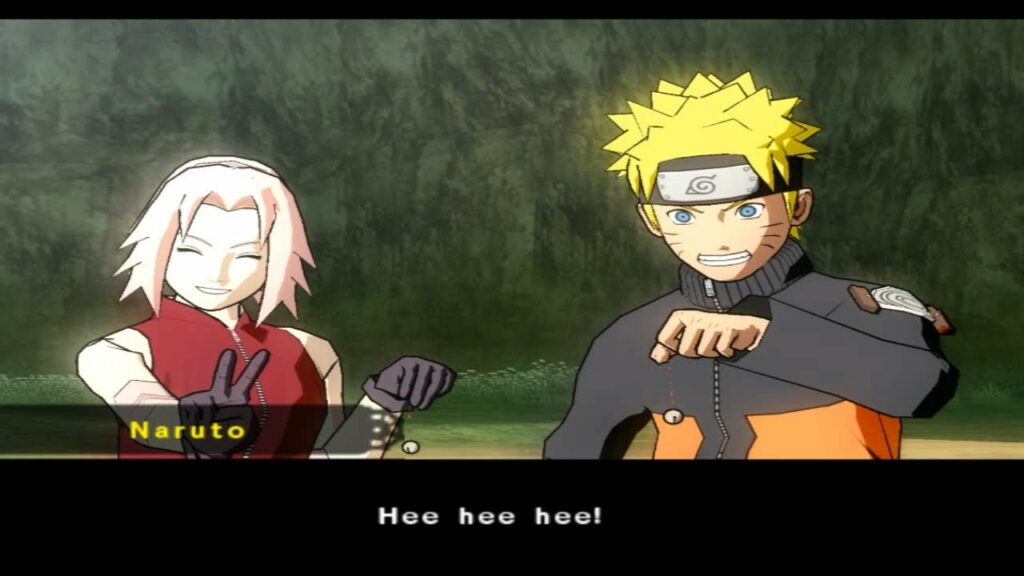- Anime games often disappoint fans by focusing on strict story retellings instead of offering new experiences.
- While some adaptations, like Naruto Shippuden: Ultimate Ninja, enrich the source material with side quests and unique content, many others fail to capture the original’s soul.
- Another way is to go the One Piece: Unlimited Adventure route, creating a completely original story.
Anime has a powerful hold on audiences worldwide. Its vibrant storytelling, captivating characters, and unique art style have captivated millions. Naturally, this translates into a desire to experience those beloved worlds in a more interactive way. This is where anime games come in – or at least, that’s the promise. However, as a passionate anime fan myself, I often find myself disappointed by these adaptations. Here’s why me and many others hate Anime games.
What I Mean By Anime Games

It’s important to clarify what I mean by “anime games.” I’m not talking about fantastic Japanese-developed games with anime aesthetics, like Persona 5 or Fire Emblem. Nor do I mean shows that were adapted from an original game, such as the Fate series or Steins; Gate. When I say I hate Anime games, I specifically refer to licensed adaptations of shows that are already established.
The Purpose Of Licensed Adaptations
The core issue with many anime games is that they’re just recaps. These games are designed to be gateways for new people who don’t know the series. They’re made so people can play the game, and then pick up the show to fully enjoy the story. While reliving iconic moments from your favorite show can be appealing, I can’t help but be bored if nothing new is there to explore.
In my mind, a good My Hero Academia game would be one where you can choose your own quirk and then live various questlines as your own character in an open world. However, MHA: One’s Justice just follows the same story as the source material. Furthermore, it seems like instead of making a game that’s good, companies just reuse components and slap on popular characters. It’s a pale imitation of the original experience, a forced recap devoid of the emotional impact and surprise of the first viewing.
Examples of this are abundant. I was super hyped for Made In Abyss: Binary Star Falling, wanting to experience the extremely layered world of MIA. However, the trailer was like a jab straight to my gut. Dragon Ball Z: Kakarot had an extremely positive fan reception, but I felt like it fell into a similar hole. Even if a side purpose is to appeal to fans, the games don’t have the same soul as anything original.
When Games Get it Right

Thankfully, there are exceptions to this trend. Games that understand the limitations of retellings and strive to offer something more for both newcomers and seasoned fans. A prime example is the Naruto Shippuden: Ultimate Ninja series. This game, while featuring key moments from the anime, goes beyond them.
Ultimate Ninja 5 on the PS2, for example, boasts a vast array of side quests, allowing players to delve deeper into character relationships. It also lets you roam Konoha freely in an open-world environment, offering some places not seen in the source material. Completing these quests unlocks a treasure trove of goodies – collectable music CDs, figurines, and even cutscenes featuring original content.
One feature I really remember liking is the unlockable ninja scrolls. You had to do these quests where you defeated imitations of already existing characters, each with their own story. Defeating them had a huge incentive, letting you unlock Jutsus that you can put on your character for use in multiplayer.
Original Stories and Characters
One Piece: Unlimited Adventure for the Wii takes a different approach entirely. This game throws players into a brand new story within the One Piece universe. It features an original cast alongside familiar faces, all crafted with the same charm and humor that defines Eiichiro Oda’s work. The story even manages to evoke genuine emotions, with certain scenes bringing tears to my eyes.
Furthermore, Unlimited Adventure introduced Western audiences to Franky, a character yet to be revealed in the anime at the time. This provided a genuine surprise and a piece of exclusive content for Western fans. These elements prove that anime games don’t have to be mere retellings; they can offer exciting new experiences within our beloved worlds.
Thank you! Please share your positive feedback. 🔋
How could we improve this post? Please Help us. 😔
Heya, I’m Asad (Irre) Kashif! I’ve been writing about anything and everything since as far back as I can remember. Professionally, I started writing five years ago, working both as a ghostwriter and writing under my own name. As a published author and a council member in Orpheus, my journey in the world of writing has been fulfilling and dynamic.
I still cherish the essays I wrote about my favorite PS2 games, and I’m thrilled to have transformed my passion for game journalism into a career. I’m a theory crafter for Genshin Impact (and now Wuthering Waves) and have a deep love for roguelites and roguelikes. While I prefer indie games for their distinct aesthetic and vibes, I do enjoy triple-A games occasionally. I’ve also been playing League since season 6, and I main Akali! I have a keen interest in discovering and playing more obscure games, as well as researching forgotten titles. Additionally, I am a front-end programmer who dabbles a bit in gamedev occasionally.




